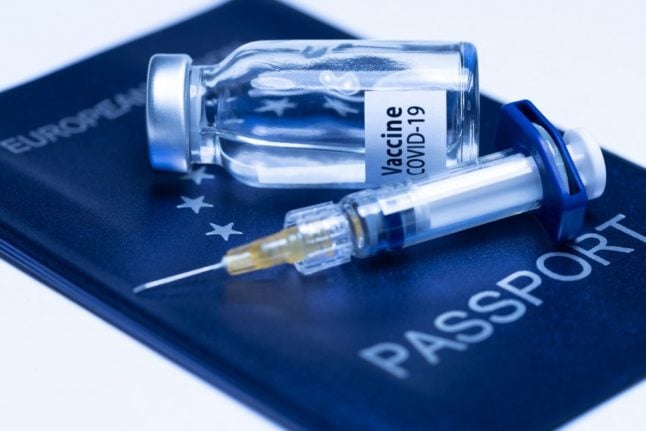Like a number of other countries, Switzerland also said Wednesday it plans to roll out a travel certificate to help allow those who have been vaccinated against Covid-19 to move more freely.
“We aim for summer,” coronavirus taskforce chief Anne Levy told reporters, adding that it was “a challenging task but a realistic aim.”
The document would be secure and recognised internationally, she said, adding that Bern was coordinating work towards the certificate with the neighbouring European Union.
‘Green pass’: Everything you need to know about the coronavirus immunity card in Switzerland
So far, fewer than half a million people are fully vaccinated in Switzerland, but health authorities have said they expect to be able to offer jabs to all residents who want them within the next few months.
On Wednesday, the Swiss rate stood at 523 new infections per 100,000 people.
The country of 8.6 million people has to date counted nearly 585,500 cases of Covid-19, and close to 9,500 deaths.



 Please whitelist us to continue reading.
Please whitelist us to continue reading.
Member comments